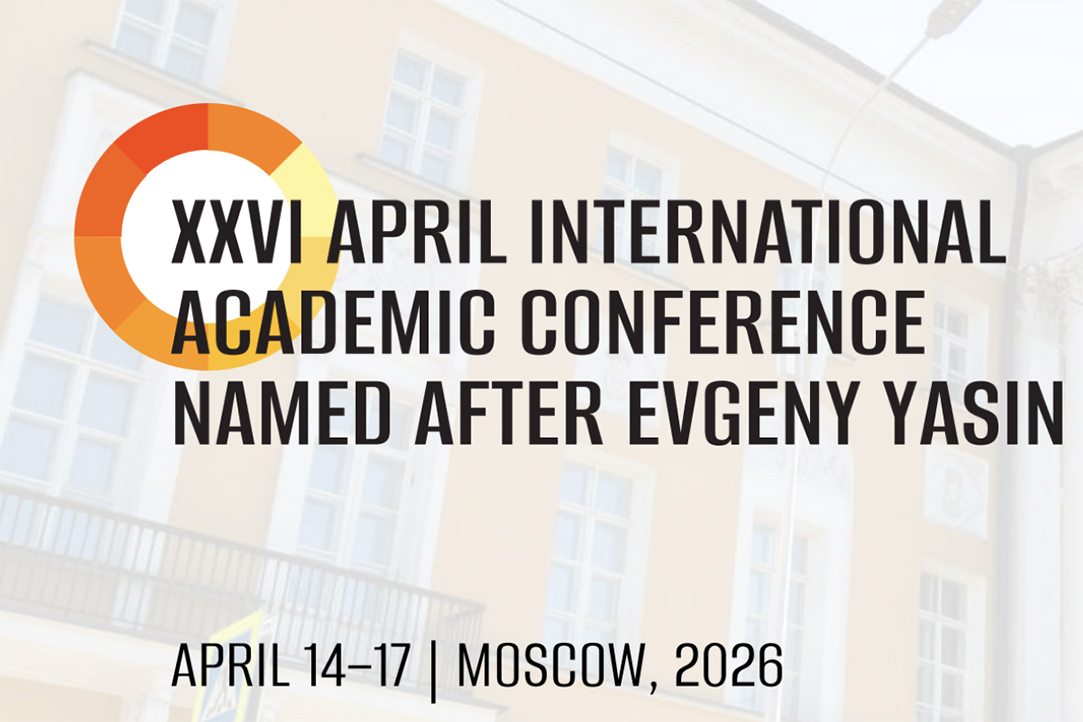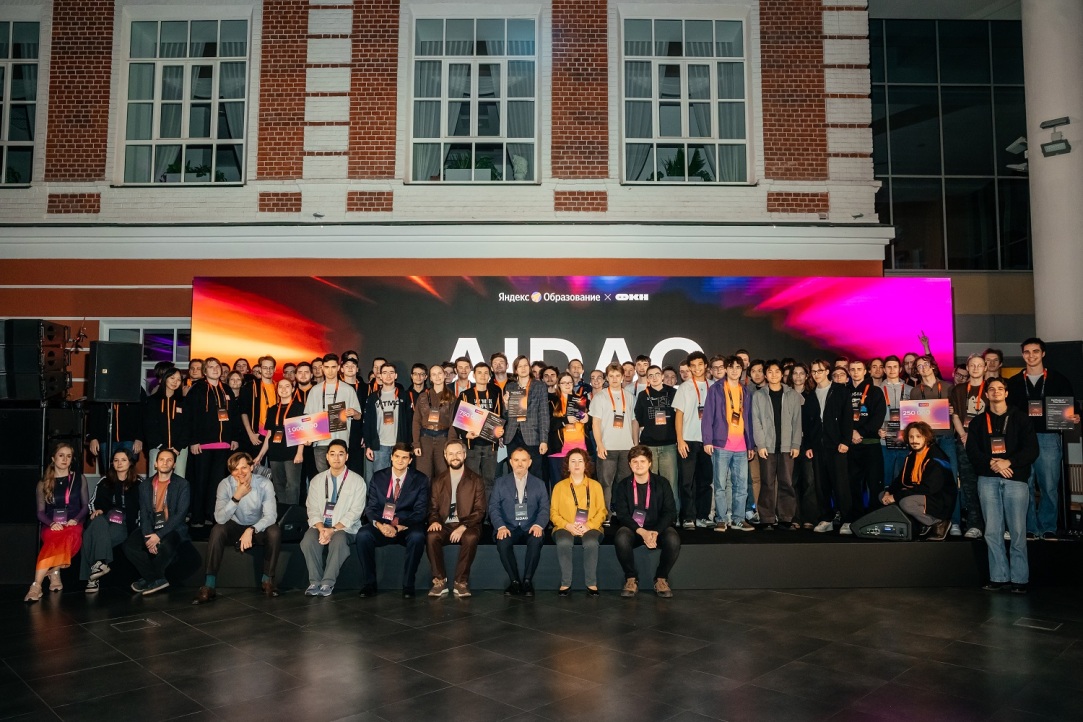
'At the Intersection of Mathematics, Biology, and Machine Learning, I Found My Place'
Aleksei Shmelev conducts research in genomics and uses machine learning to explore the history of human populations. In this interview with the HSE Young Scientists project, he discusses the adaptive introgression of Tibetans and Denisovans and the use of IBD graphs to predict human population membership.

Scientists Test Asymmetry Between Matter and Antimatter
An international team, including scientists from HSE University, has collected and analysed data from dozens of experiments on charm mixing—the process in which an unstable charm meson oscillates between its particle and antiparticle states. These oscillations were observed only four times per thousand decays, fully consistent with the predictions of the Standard Model. This indicates that no signs of new physics have yet been detected in these processes, and if unknown particles do exist, they are likely too heavy to be observed with current equipment. The paper has been published in Physical Review D.

HSE Scientists Reveal What Drives Public Trust in Science
Researchers at HSE ISSEK have analysed the level of trust in scientific knowledge in Russian society and the factors shaping attitudes and perceptions. It was found that trust in science depends more on everyday experience, social expectations, and the perceived promises of science than on objective knowledge. The article has been published in Universe of Russia.

HSE and UTM Present Results of Mirror Laboratory's Work at Russian–Malaysian Commission
HSE University–St Petersburg and the Universiti Teknologi Malaysia (UTM) presented the results of two years of work and a development roadmap for the mirror laboratory on social entrepreneurship. The document outlines the strategy for global transformation in the business and digital innovation sphere.

Institute for Robotics Systems Established at HSE University
As decided by the HSE University Academic Council, a new Institute for Robotics Systems will be established at HSE, and with a strong fundamental base. It will cooperate with relevant departments across the university and engage students and doctoral candidates in research and development (R&D). First Vice Rector of HSE University and Director of the Institute for Statistical Studies and Economics of Knowledge, Leonid Gokhberg, discussed the expected practical results and the framework for cooperation with an industrial partner.

HSE University–Nizhny Novgorod Students Win GORKYCODE City Hackathon
This was the second hackathon organised by the Analytical Centre of Nizhny Novgorod and the city’s Digital Transformation Department. Eighteen student teams from the city's major higher education institutions participated, spending 52 hours developing innovative, AI-powered digital products designed to benefit Nizhny Novgorod and its residents.

Scientists Uncover Why Consumers Are Reluctant to Pay for Sugar-Free Products
Researchers at the HSE Institute for Cognitive Neuroscience have investigated how 'sugar-free' labelling affects consumers’ willingness to pay for such products. It was found that the label has little impact on the products’ appeal due to a trade-off between sweetness and healthiness: on the one hand, the label can deter consumers by implying an inferior taste, while on the other, it signals potential health benefits. The study findings have been published in Frontiers in Nutrition.
.jpeg)
‘The Most Valuable Skill I Gained at HSE Is the Ability to Think and Act Like an Entrepreneur’
Ihsannudin, from Indonesia, graduated from the GSB Master's Programme 'Electronic Business and Digital Innovations' in 2023. He is the CEO and founder of a tour operator specialising in travel from Indonesia to Russia. The company has organised more than 60 group tours, serving over 1,500 Indonesian travellers. In this interview with the HSE News Service, Ihsannudin shares his insights on building an international business, the importance of a competitive academic environment, and the knowledge and skills essential for becoming a successful entrepreneur.

Applications for Participation in XXVI April International Academic Conference Still Open
Applications can be submitted on the conference website until December 16, 2025. The programme has been developed around five research themes: Economics, Human Capital and Society, Instrumental Methods and Models, Foresight Research, and International Research. The heads of these areas have presented, in video format, the priority topics and sections for which they are expecting submissions.

Final of International Yandex–HSE Olympiad in AI and Data Analysis Held at HSE University
Yandex Education and the HSE Faculty of Computer Science have announced the results of the international AIDAO (Artificial Intelligence and Data Analysis Olympiad) competition. Students from 14 countries took part. For the second year in a row, first place went to the team AI Capybara, which developed the most accurate AI model for an autonomous vehicle vision system.

